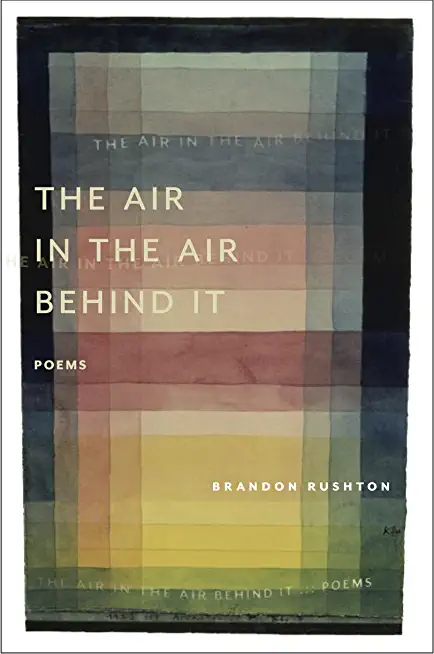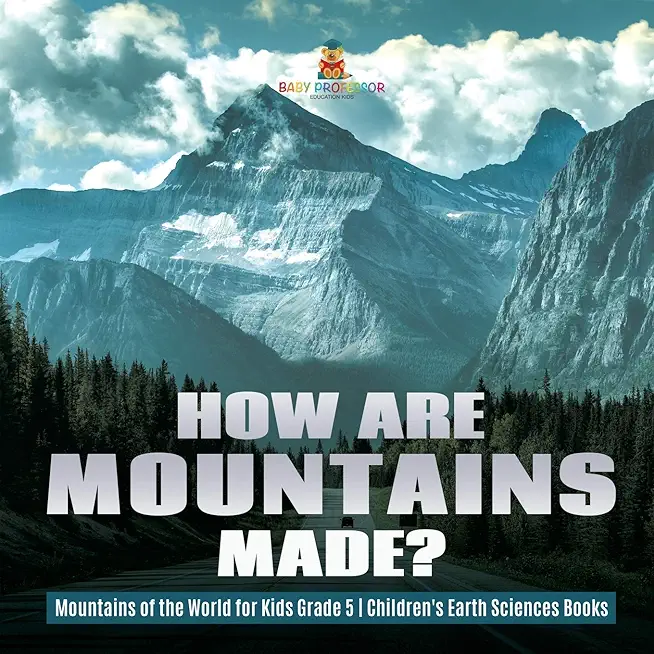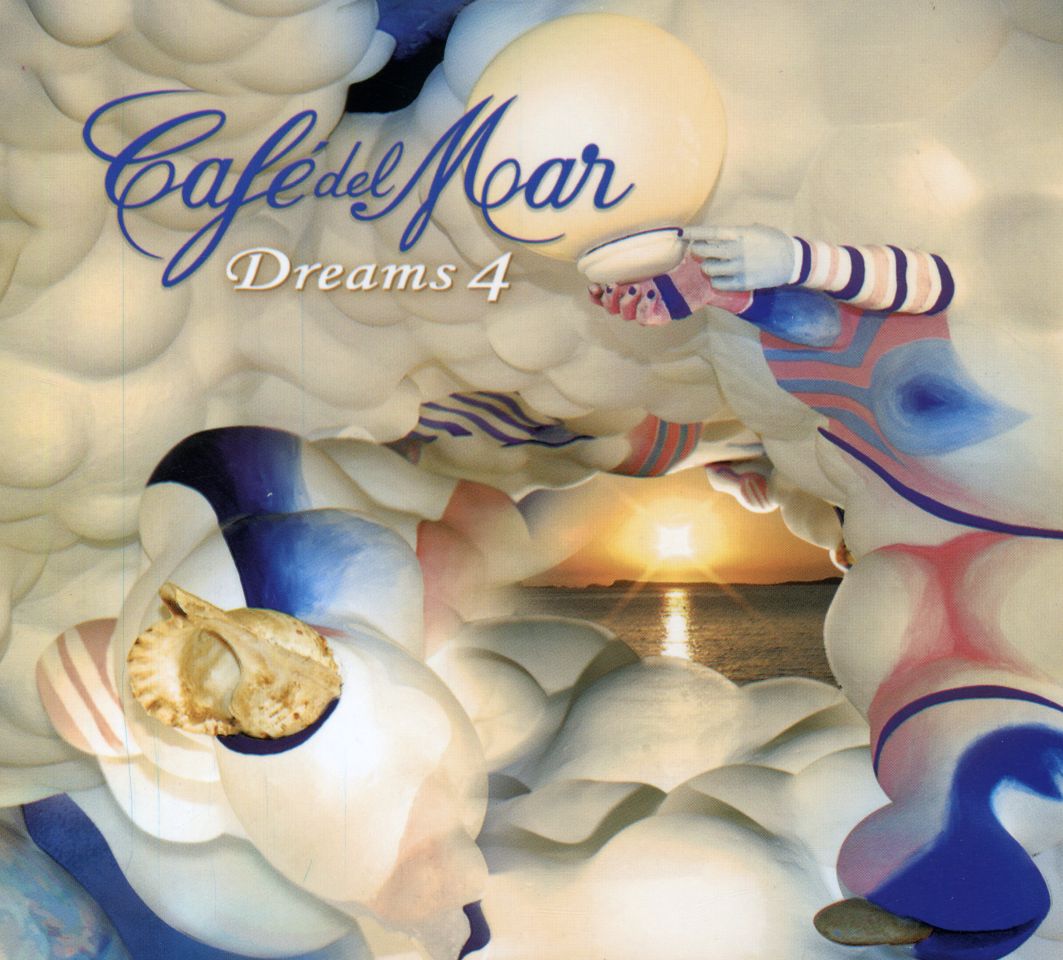
Winner of the Berkshire Prize
It is an ordinary, an orderly world offered to us in THE AIR IN THE AIR BEHIND IT, and yet this world surprises at every turn, and it throbs with mystifying energy. Every statement made threatens to dissolve into its opposite, every movement is a threat and a thrilling treat. The structure of most of these poems is of the sentence--while line breaks signal giddying turns, turns of phrase and fable both surprising and satisfying: 'Boredom makes me want/ to spill a secret to each bipedal/ organism passing/ on the street. I have a heavy heart...' and even this does not describe the compulsions of the book, or the way the language gets restrung like a glittery necklace broken with beads still lost under some of the furniture. Even up and down are unstrung, directions both comforting and treacherous: 'the sky called/ attention to the crater the people pointed/ and watched the comet from.' This is a book of consolations, open and inviting and yet as mysterious as fog, and as nurturing to a parched landscape.--from the Judge's Citation by Bin Ramke
This is a book of water. Of weather. Of a voice languaging thought through a line, a stanza, a page. Space. Through modes of being human--temporary stoppages of energy called 'father, ' 'daughter, ' 'lover, ' 'commuter, ' 'scientist, ' 'cashier.' On micro and macro scales these poems register cycles of coming into one existence and passing into another: 'A widower on a highway west/ of here faces the idea that his lover, is now, just particles/ his headlights pass through.' Even massive things are permeable and subject to transformation: 'The land splits open and the street/ of cars slides single-filed, straight in.' Brandon Rushton's THE AIR IN THE AIR BEHIND IT understands, and leads us to understand, we are bound to each other, and to this earth, because all is change. This is a book that holds such truths, necessary to weathering our time.--Karla Kelsey
In THE AIR IN THE AIR BEHIND IT, Brandon Rushton's poems are wild ranging examinations of the untenable present and the unknowable future. They brim with ideas in a sonic rush--so full of vitality and the resilience required to rally the spirit inside a personal reckoning against the backdrop of collective resignation. 'I came dangerously close to some / partition, some fog I can't stop / my want to fit inside. In a rush // of mountainous air, I mistake me / for myself again.' These exhilarating poems embrace possibilities worth hoping for, even in a world that's over-stimulated and disappointing; gracefully, they make room for the light to get in and fill the empty spaces.--Allison Titus
Poetry







